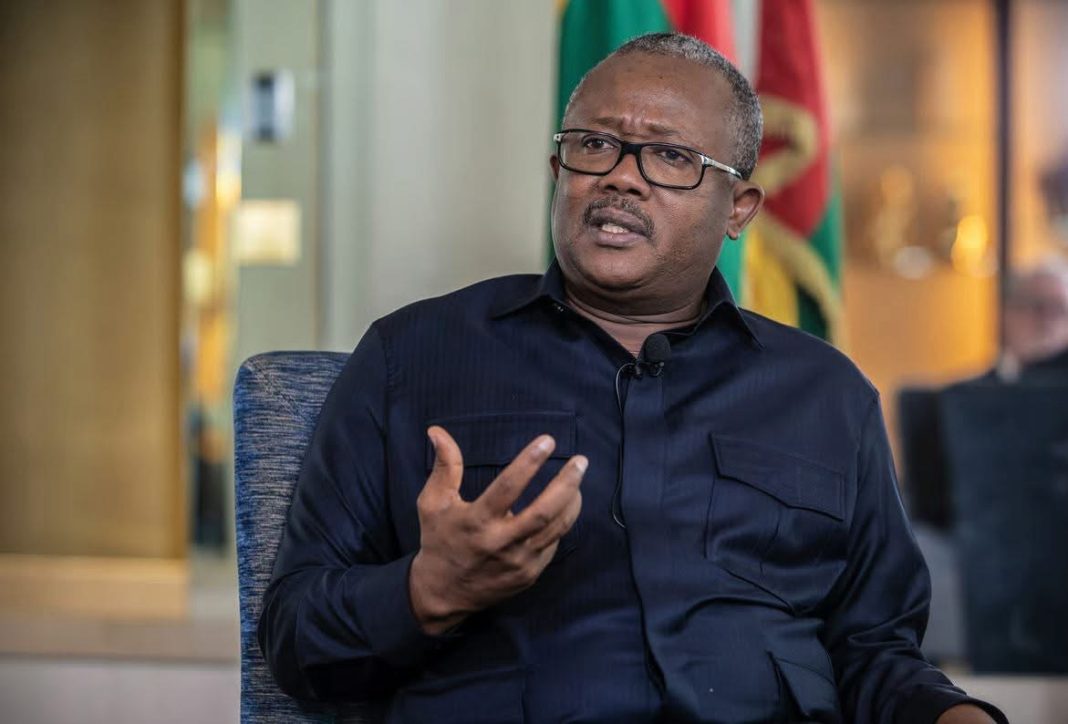DAKAR, Senegal — Guinea-Bissau’s deposed president, Umaro Embaló, has arrived in Senegal, a day after military officers seized power and suspended the country’s electoral process.
His arrival was confirmed on Thursday, November 27, 2025, by Senegal’s Ministry of Foreign Affairs, which said it intervened to help secure his release.
According to the ministry, Embaló travelled to Senegal on an aircraft chartered by the Senegalese government after negotiations with actors in Guinea-Bissau.
“The government of the Republic of Senegal reaffirms its readiness to work alongside ECOWAS, the African Union and all relevant partners, with a view to supporting dialogue, stability and the rapid restoration of constitutional order and democratic legitimacy in this brotherly nation,” the statement said.
Embaló was ousted on Wednesday after a group of military officers announced they had taken “total control” of the state, halting the presidential election just as results were expected.
The incumbent had been seeking re-election against his main challenger, Fernando Dias, with both men declaring victory ahead of the official results.
The election itself had been dogged by controversy.
The main opposition PAIGC party was barred from fielding a presidential candidate, leading civil society groups to question the legitimacy of the process.
Calling themselves the “High Military Command for the Restoration of Order,” the coup leaders appeared on national television on Wednesday to suspend the electoral process “until further notice.”
They imposed a nationwide overnight curfew and ordered the closure of land and air borders.
On Thursday, November 27, 2025, General Horta Inta-A was sworn in as transitional president.
He defended the military intervention, saying there had been “sufficient [evidence] to justify the operation.”
The coup has intensified fears of further instability in a country that has experienced repeated political upheavals since gaining independence from Portugal in 1974.
Guinea-Bissau has endured multiple coups, attempted coups, and short-lived governments over the decades, often fuelled by competition within the security establishment and persistent allegations of criminal infiltration.
Regional institutions have reacted with alarm.
The chairperson of the African Union Commission condemned the takeover and demanded the “immediate and unconditional release” of Embaló and other detained officials.
Mahmoud Ali Youssouf also urged “all parties to exercise the utmost restraint in order to prevent any further deterioration of the situation.”
As of Friday, November 28, 2025, Guinea-Bissau’s borders remained closed and the curfew in force, while ECOWAS and international partners weighed their next steps in response to the crisis.







